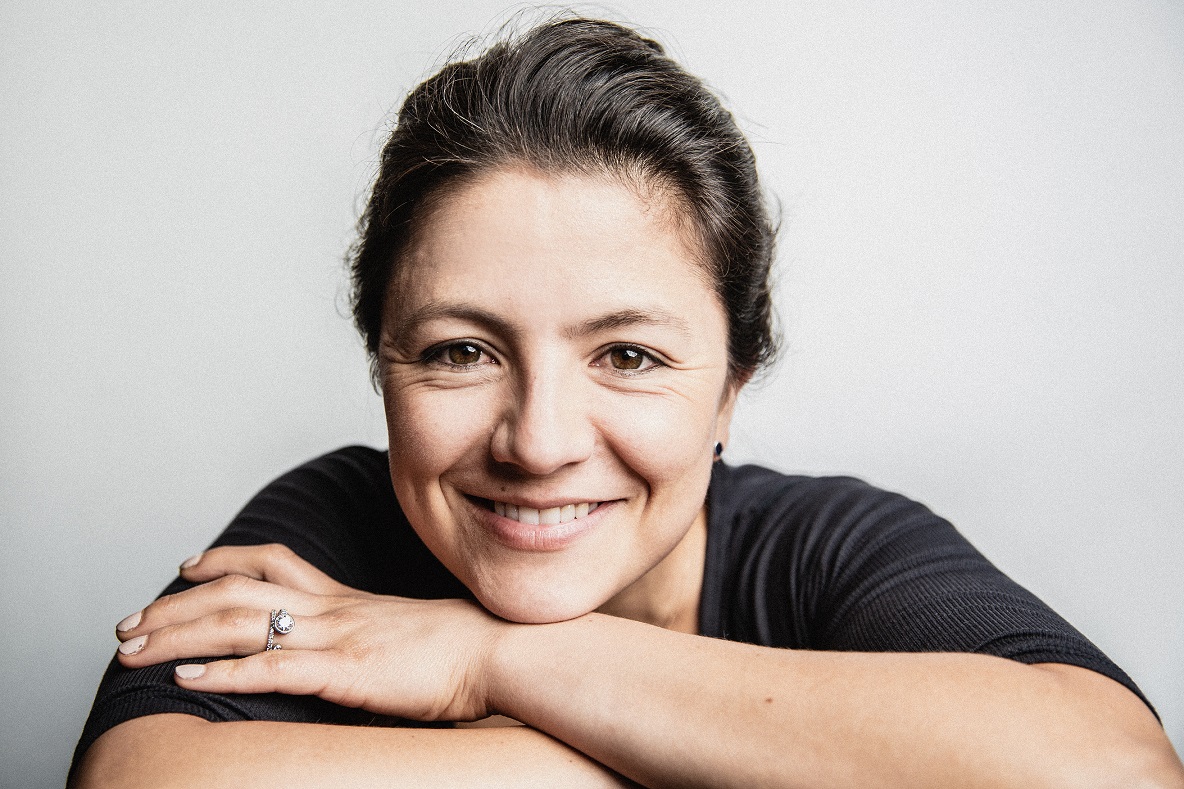The conversation on how to stop obsessing about food has gotten polarized.
Some abstain from specific foods. Others prefer to give themselves full permission, like intuitive eaters.
What gets lost in the debate — a lot of which happens on social media — is the different nuances and each person’s individual experience.
This black-or-white way of looking at our relationship with food prevents us from finding what actually works to feel healthy, happy, and free.
Almost a decade ago I decided I wanted to stop obsessing about food.
I tried abstinence and full permission. This what I learned.
Structure
For me, abstinence meant entirely removing chocolate and white flour from my diet.
I liked the structure of abstinence. I loved having a plan and rules to follow.
This way of eating satisfied my need for certainty; it made me feel in control of my choices.
This approach worked for me at that point in my life. It gave me something to grab onto in a moment where I felt lost.
It didn’t feel like a diet, because the goal was sanity and clarity, rather than weight-loss.
As I later understood, the downside to abstinence (note: the way I lived abstinence) was that breaking it made me feel bad about myself and I had to “start all over again” the next day.
I was fixated on abstinence as the main goal, regardless of how pursuing that goal felt in my mind.
Today, I’m closer to the full permission side of the spectrum, what you would call intuitive eating, a way of eating informed by the body’s needs and your own past experiences with food.
The shift from abstinence to full permission happened organically. I didn’t even call it intuitive eating! I simply started testing my capacity to be a normal eater and eat foods I enjoyed.
I now eat chocolate and white flour when I choose to, and can also say no to pizza or Nutella without feeling deprived.
In transitioning from abstinence to full permission I learned that I don’t have to control what and how much I eat to feel at ease. I don’t need set rules to be “obedient”.
The answers to when and what to eat, when to stop, and how much to eat are given by my body and personal experience, not by external rules.
The structure is given by my body, which makes it easier to tolerate uncertainty when my routine is turned upside down. As a result, my eating no longer looks black or white.
While I still like a structure and have food preferences, I feel more relaxed around food and able to live and eat in the “middle”. I don’t need extremes to feel consistent and confident.
My food choices no longer control my mood or how I feel about myself.
Trust
My journey with abstinence started in Overeaters Anonymous, a 12-step program for people who struggle with food.
One of the things I liked about the program was that I was able to give a name to the food obsession I felt for almost 20 years. I was a compulsive overeater!
Having an “identity” as an eater, and finding a community that struggled with the same issues was priceless in my journey.
With time though, I felt that labeling myself as a compulsive overeater implied that the relationship I had with my body was one of distrust; and that abstinence was the way to “tame” my instincts.
Today, I’m just an eater. Sometimes I eat beyond fullness, other days I’m not as hungry. Some days I crave chocolate, others I’m uninterested.
I accept those variations because I know my body has different needs each day based on my routine, the day of the month, how well I sleep or my stress levels.
My body is simply responding to the conditions and doing what’s it’s meant to do: keeping me alive and helping me thrive.
The way I eat today is based on working in sync with my body, not against it. I also take into account the knowledge I have of how my body responds to certain foods. As much as I like pizza, I know that three days in a row of pizza don’t sit well in my stomach or my energy levels!
It’s not about the food
People’s struggles with food aren’t about the food. They are about how we live and deal (or don’t deal) with stress, anxiety, fear, and uncertainty.
I worked with a therapist on these issues during the time I was practicing abstinence. We worked on healing old wounds, reconsidering my beliefs, fears, and negative thinking patterns.
I like saying that abstinence helped me handle the symptoms (overeating and obsessing) and gave me the mental space to work on the root problem.
My main lesson from both abstinence and full permission, is that regardless of how I choose to relate to food, I must also work on cultivating awareness, self-inquiry, acceptance and self-compassion.
Overeating, binge eating, and similar food issues are the symptom. The root cause is deeper, and we shouldn’t get distracted on how we choose to eat when the solution is inside of us.
Permission
Abstinence helped me while I worked on deeper stuff. Planning my meals and following rules was effective at that point in my life.
With time, I experienced the power giving myself permission to eat those foods I used to fear.
In the process, I learned that I overate, not because there was something inherently wrong with me, but because I was responding to deprivation.
I overate because I eliminated carbs and fats from my diet in order to lose weight.
I overate because when I ate the first slice of bread I thought, “I might as well just finish the whole bag and start again tomorrow”.
I ate compulsively because I grew up fearing foods that “make people fat” and tied my self-worth to how “healthy” I ate and how disciplined I was able to be.
What happened to me—and to 75% of women in the US who have a disordered relationship with food—is that my body and brain were rebelling from decades of restriction, dieting and control.
When I gave myself permission to eat chocolate and white flour, and stopped demonizing and giving these foods moral value, my relationship with them changed.
Now I eat them from a place of self-care and self-responsibility, rather than fear and extreme control. The motivation makes the difference:
Am I avoiding chocolate because I have to stay abstinent and maintain a certain weight? Or because it’s 9 PM and I know I don’t sleep well when I eat sweets at night? Obedience or self-care?
The why
I decided I was done with my food obsession because I wanted to feel free, healthy, happy, confident and at ease around food.
I didn’t want my relationships and social life to be negatively impacted by my issues with food.
At one point in my journey, I felt that I could still have all of these things without abstaining from chocolate or white flour.
As I said earlier, abstinence often felt like my only goal; I measured success by an abstinent meal and forgot why I was staying abstinent in the first place.
This process taught me that whatever approach I choose to relate to food, it must bring me closer to the things I desire and value.
The goal is a normal, meaningful life, not successfully controlling every factor so that it fits my expectations.
Final thoughts
Abstinence helped me at a specific point in my life. Today, full permission and eating intuitively brings me closer to the life I want.
If you’re feeling overwhelmed and confused with loads of information on how and what to eat, my advice is to beware of extremes and binary thinking.
Read. Stay curious. Ask. Listen to podcasts. Watch documentaries.
Learn about different approaches, but above all, do what works for you right now; whatever helps you feel healthy in the body and the mind, centered, and happy. This should be the indicator.
If what you’re doing doesn’t feel good in the body or the mind, it’s time to make changes.
Finding what works for you takes time and it may not always look the same.
Always remember that your body’s needs will be the guide.


